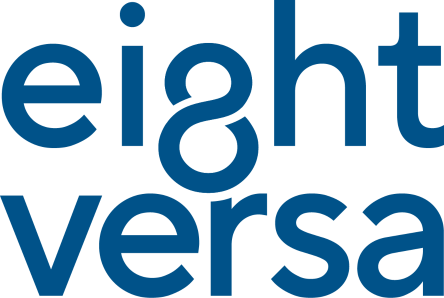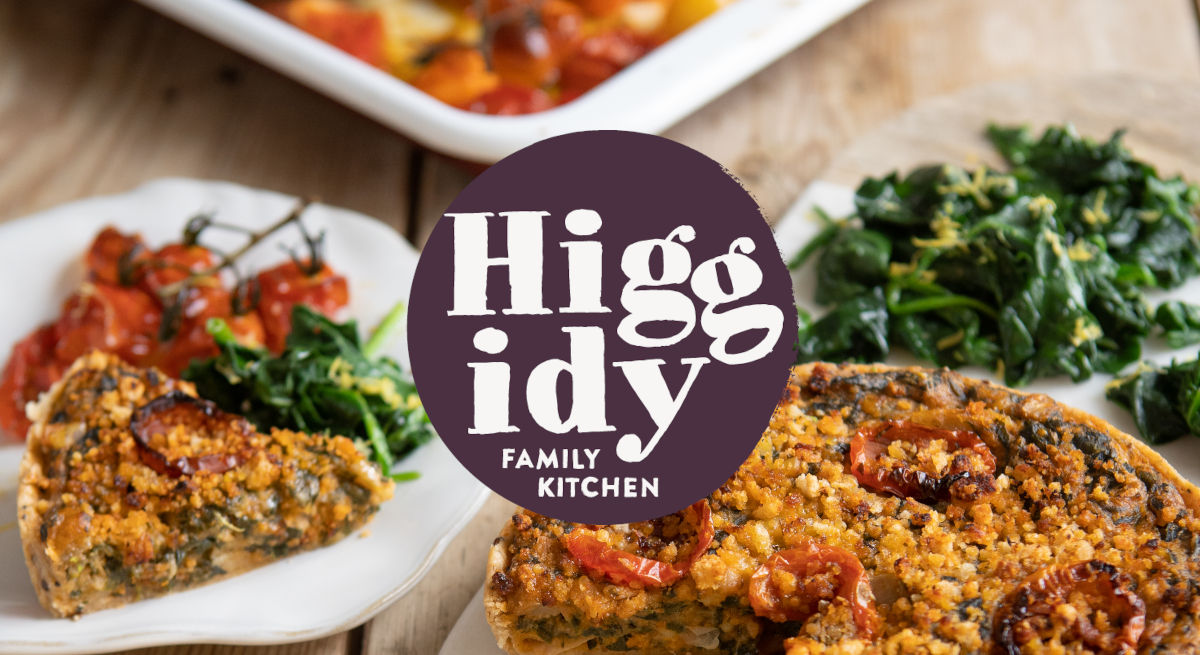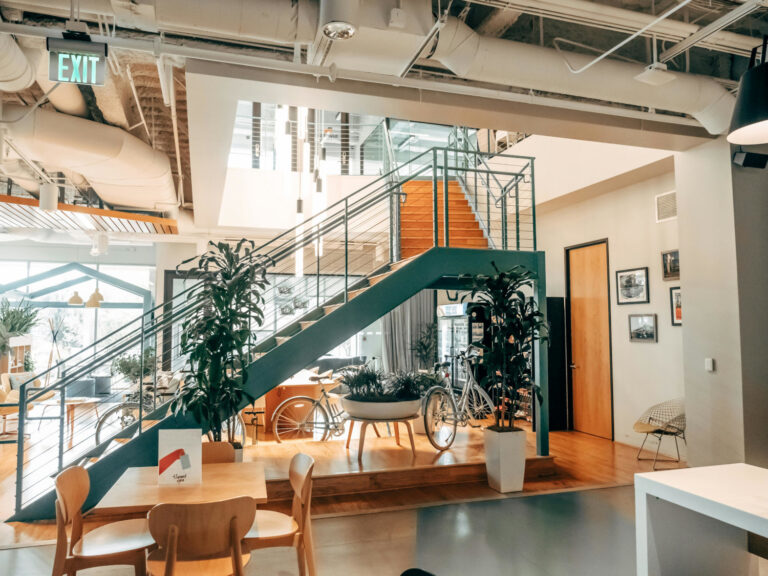Calculating a BAU Baseline Year
The Largest Scope
88% of Higgidy’s emissions however came from scope 3, which covers upstream and downstream emissions across their entire value chain which included those emissions associated with all ingredients purchased. This information will help Higgidy work with their suppliers to identify lower carbon options for some of the ingredients that have the biggest impact. It’s not viable to completely remove certain ingredients from all of their recipes but they will instead work with their key suppliers to develop new products and initiatives to make positive food changes for the planet.
Intensity Ratio
Another important measurement for Higgidy was their intensity ratio, and as the brand grows, they want to continue to produce food with as little impact as they can. Measuring your emissions on an intensity basis allows an organisation to compare the results of their carbon footprint regardless of company growth or change across multiple reporting years. For 2019, Higgidy’s intensity ratio was 0.128. That means for every 1 unit produced during 2019 across the organisation, 0.128kgCO2e was emitted. This is a great example of a company showing a real commitment to actively monitoring their carbon emissions across multiple reporting years. Higgidy’s Net Zero and interim targets align with guidance from the Food and Beverage Federation, and Higgidy will be able to track progress towards these targets through continuing to measure and report their annual carbon footprint.
Carbon Measured Certified
The first phase of the project has been completed and now clearly outlined in their impact report, Recipe for Responsible Business for everyone to see. Measuring their carbon footprint, developing an initial sustainability strategy and achieving a Natural Carbon Solutions ‘Carbon Measured’ certification for the organisation has helped set a foundation for years to come. With this base, Higgidy have been able to set their long-term goal of reducing their scope 1, 2 and 3 emissions by 90% by 2040. They will then be able to offset the remaining 10% of emissions through quality carbon removal offsetting schemes. Higgidy have also committed to interim targets to be achieved by 2030 that include reducing their scope 1 and 2 emissions by 4.2% per year and their scope 3 emissions by 2.5% from a 2019 baseline. With this work, Higgidy have proven their commitments to credible sustainability practices and made an exciting start towards reaching their Net Zero goals and creating a better food future.
Webinar Recording
The recording of Higgidy’s Recipe for Reaching Net Zero is now available below. During this webinar, Megan Welch, Sustainability Manager at Higgidy shares insights gained from committing to carbon reductions, and the successes and challenges seen so far.
Eight Versa, formally known as Eight Associates recorded this webinar.
Megan Welch, Sustainability Manager at Higgidy
Megan has over 10 years experience in corporate sustainability, working across environmental initiatives and compliance, stakeholder engagement, communications and charity partnerships. She is passionate in helping businesses balance purpose with profit, and making sustainable behaviours the norm.

Rob Franklin, Senior Sustainability Consultant at Eight Versa
Rob specialises in assisting clients with the calculation of their organisational carbon footprint and supporting the development of dedicated strategies to reduce operational emissions. Rob has experience of working with a number of clients from across the public and private sector, including a variety of district and county level local authorities.






